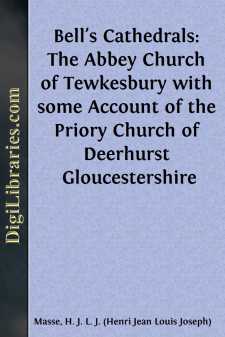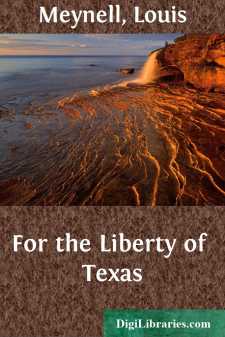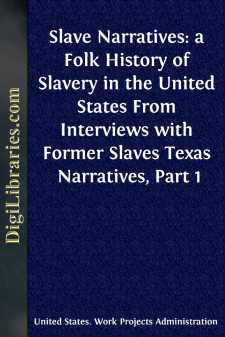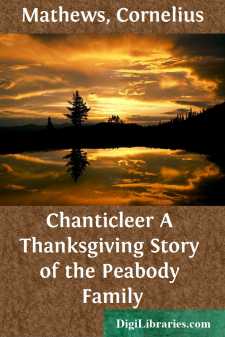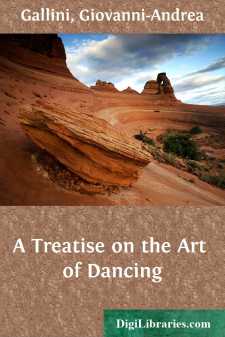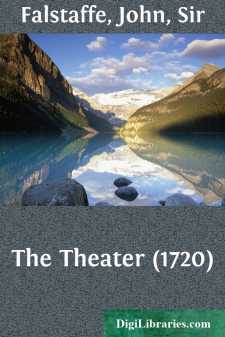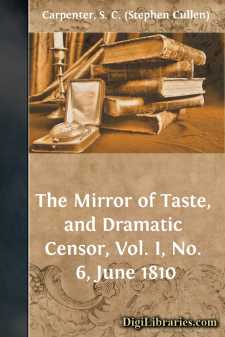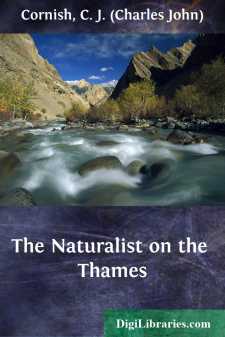Categories
- Antiques & Collectibles 13
- Architecture 36
- Art 48
- Bibles 22
- Biography & Autobiography 813
- Body, Mind & Spirit 142
- Business & Economics 28
- Children's Books 17
- Children's Fiction 14
- Computers 4
- Cooking 94
- Crafts & Hobbies 4
- Drama 346
- Education 46
- Family & Relationships 57
- Fiction 11829
- Games 19
- Gardening 17
- Health & Fitness 34
- History 1377
- House & Home 1
- Humor 147
- Juvenile Fiction 1873
- Juvenile Nonfiction 202
- Language Arts & Disciplines 88
- Law 16
- Literary Collections 686
- Literary Criticism 179
- Mathematics 13
- Medical 41
- Music 40
- Nature 179
- Non-Classifiable 1768
- Performing Arts 7
- Periodicals 1453
- Philosophy 64
- Photography 2
- Poetry 896
- Political Science 203
- Psychology 42
- Reference 154
- Religion 513
- Science 126
- Self-Help 84
- Social Science 81
- Sports & Recreation 34
- Study Aids 3
- Technology & Engineering 59
- Transportation 23
- Travel 463
- True Crime 29
Sort by:
CHAPTER I. HISTORY OF THE FOUNDATION AND FABRIC OF THE ABBEY CHURCH, AND SOME ACCOUNT OF ITS BENEFACTORS. Tradition, originating in the desire to account for the name of the town, would assign the foundation of a cell or chapel to Theoc, or in Latin form Theocus, in or about 655. In support of this theory Camden and others assert that it was called in Anglo-Saxon times Theocsburg or Theotisbyrg. Others...
more...
by:
Louis Meynell
THE HOME ON THE FRONTIER. "Dan! Dan! Come quick and see what I brought down with the gun!" "Why, Ralph, was that you I heard shooting? I thought it was father." "No; I was out, down by the river bank, and I brought down the finest deer you ever set eyes on. He was under the bunch of pecan-trees, and I let him have it straight in the neck and brought him down the first crack. Now...
more...
"My folks allus belongs to the Cavins and wore their name till after 'mancipation. Pa and ma was named Freeman and Amelia Cavin and Massa Dave fotches them to Texas from Alabama, along with ma's mother, what we called Maria. "The Cavins allus thunk lots of their niggers and Grandma Maria say, 'Why shouldn't they—it was their money.' She say there was plenty Indians...
more...
CHAPTER FIRST. THE LANDSCAPE OF THE STORY. I see old Sylvester Peabody—the head of the Peabody family—seated in the porch of his country dwelling, like an ancient patriarch, in the calm of the morning. His broad-brimmed hat lies on the bench at his side, and his venerable white locks flow down his shoulders, which time in one hundred seasons of battle and sorrow, of harvest and drouth, of toil and...
more...
Menander, as has been said in the last chapter, once more rescued the stage of Greece from barbarism. In the death of Aristophanes was involved the death of "the middle comedy," which rapidly declined in the hands of his insufficient successors. The poets and wits that came after him, wanted either the talents, the malignity, or the courage to follow his example, to imitate him in his daring...
more...
by:
Richard Neville
"Is all our company here?" —Midsummer Night's Dream. Yes, he was a strolling player pure and simple. He was an actor by profession, and jack of all trades through necessity. He could play any part from Macbeth to the hind leg of an elephant, equally well or bad, as the case might be. What he did not know about a theatre was not worth knowing; what he could not do about a playhouse was...
more...
ADVERTISEMENT. What I have here to say is rather in the nature of an apology than of a preface or advertisement. The very title of a Treatise upon the art of dancing by a dancing-master, implicitly threatens so much either of the exageration of the profession, or of the recommendation of himself, and most probably of both, that it cannot be improper for me to bespeak the reader’s favorable precaution...
more...
by:
John Falstaffe
INTRODUCTION The Theatre, by "Sir John Falstaffe", is according to its author a continuation of Richard Steele's periodical of the same name. Shortly after Steele brought his paper to a close on April 5, 1720, the anonymous author who called himself "Falstaffe" appropriated his title; or if we prefer Falstaffe's own account of the matter, he was bequeathed the title upon the...
more...
THE ROMAN DRAMA. In proportion as the Romans yielded to the habit of imitating the Greeks, they advanced into refinement, and receded from their characteristic roughness and ferocity. Their pace, however, was very slow, for imagining rudeness and brutality to be synonimous with independence, they indulged and prided themselves in an adherence to their original coarseness and despised the manners of the...
more...
THE THAMES AT SINODUN HILL Fresh water is almost the oldest thing on earth. While the rocks have been melted, the sea growing salter, and the birds and beasts perfecting themselves or degenerating, the fresh water has been always the same, without change or shadow of turning. So we find in it creatures which are inconceivably old, still living, which, if they did not belong to other worlds than ours,...
more...


